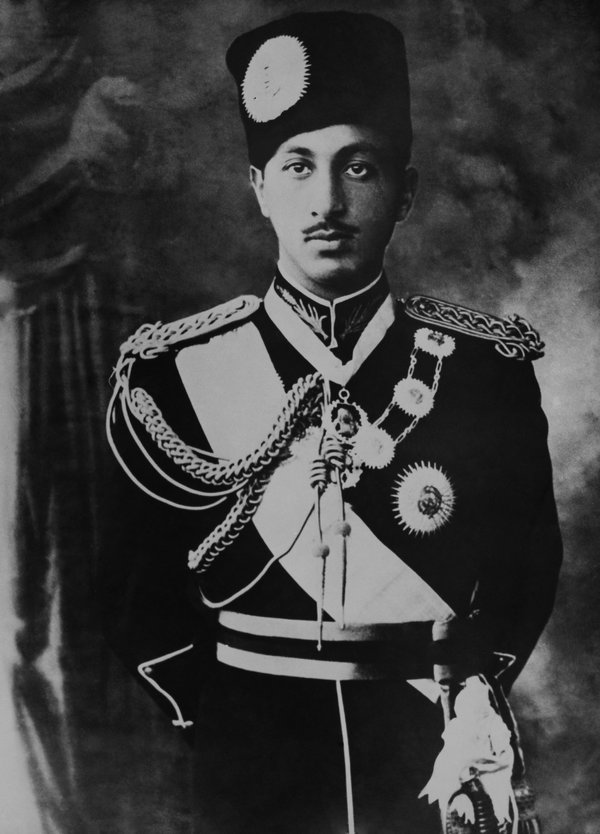Modern day Libya as we know it was not actually drawn up until the mid-20th century. This land was bought together or united by none other than the first and the only king of United Libya, King Senussi. Prior to the unification of Libya there were 3 ancient provinces Cyrenaica in the East; Tripolitania in the West and Fezzan, a province in the South.
It was the Ottoman province of Cyrenaica where Mohammed a bin Al Senussi founded what is known as the Sufi Muslim religious order in the 18th century. King Senussi wanted Cyrenaica to become a place of Islamic thought and spirituality. He built religious study centers on the border with Egypt.
Cyrenaica became the place where Senussi’s grandson Idriss would one day be the ruler of the United Libyan Kingdom. King Idris managed to unify the land of Libya as we know it. History records that King Idriss ruled the United Kingdom of Libya from 1951 until he was toppled by Muammar Gaddafi in 1969.
During World War 1 Libya was on the German and Ottoman Empire side. It was also during that period that Cyrenaica and Tripolitania became Italian colonies in 1917. During World War II the kingdoms of Libya fought on the British side against the Italian occupation. The cause against the Italians in partnership with the British helped King Senussi defeat Italy and Germany.
The defeat of Italy and Germany in Libya in 1943 gave the British and Libyan victories over Italy and increased partnership between the two nations. The British felt indebted to Libya and the British had a special place in the hearts of the Libyans. As a result of the successful partnership, King Idriss allowed the British to set up bases in Libya.
Libya at the time was just known as a desert land with no value and the British bases provided much needed funds for economic development to the kingdom of King Senussi. While King Senussi was successful on the International front the decision to have the bases was not popular on the domestic front. The nationalists were angered because they saw the bases as indication of occupation by Great Britain. Domestic opposition to the bases was viewed as shameful and this is how Muammar Gaddafi came to power in Libya in 1969 and overthrew the monarchy.




